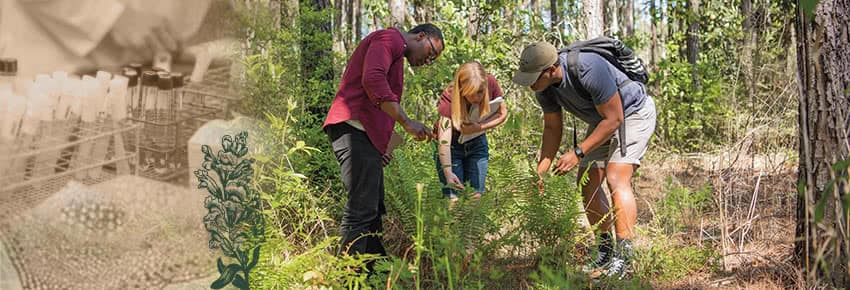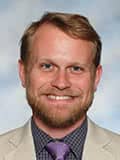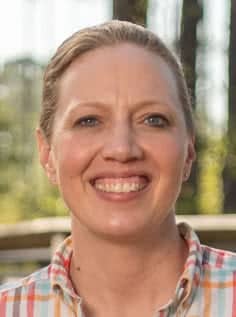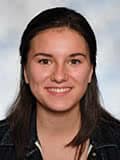

This past fall, Pensacola Christian College students had the opportunity to pursue a new course of study—a concentration in cell and molecular biology. This major “empowers and equips students to enter graduate school and careers across [a] diverse range of disciplines,” said Dr. Sebastian Spencer, a faculty advisor for this new major. “Students who pursue training in cell and molecular biology will be well positioned to impact and influence their world in truly dynamic ways.”
According to the PCC 2021–2022 Catalog, the purpose of this new concentration, which is part of the natural sciences major, is “for the student to develop an understanding of the design and function of the cell while appreciating the complexity of that design as a fingerprint of our Creator.” This dual approach is one aspect of this new concentration that is so valuable to students.

“I have especially enjoyed taking Genetics (BY 331) and Cell Biology (BY 422), two of the upper-level biology courses I have been able to take in my sophomore year,” said Rachel Hexamer (Jr., DE), who switched from a general biology concentration to the new cell and molecular biology concentration. “Learning about such complex processes has deepened my love for the Creator who engineered such design in the simplest cell.”

While the cell and molecular biology concentration is closely related to the biology concentration, the two degrees have some key differences.
“Since both degrees are biology based, initially the courses required are very similar,” explained Dr. Aresia Watson, assistant chair for the natural sciences department. “However, where the general biology classes provide a broad-based biology learning experience that includes the basics of cell biology and other fundamental biology studies such as botany, zoology, and ecology, the cell and molecular biology classes provide a more concentrated study in that area of biology.”
Spencer added, “The focus of the new cell and molecular biology concentration is to delineate specific biological and chemical processes within individual cells.”
Some of the recently introduced courses for this concentration include BY 342 Developmental Biology, which deals with developmental genetics and human developmental biology, and BY 449 Molecular Biology, which offers students the opportunity to perform in-depth studies of nucleic acid structure, the structure and function of proteins, and the regulation of gene expression.
Faculty have worked diligently to begin offering this degree for PCC students, knowing that it has been an especially relevant field of study in recent years. “While there are some biologists who still do significant field research, even studies in botany and zoology are now often performed at the cellular if not the molecular level at least,” Watson explained. “Biomedical research is an incredibly large area of research, and our students are being well prepared to step into this field.”

Angela Cioroch (Sr., Canada), who also changed her degree last fall, has been happy with the new concentration so far. “The directed course sequence is really special because that means my studies are narrowed down from the start,” Angela said. “Also, that means there’s a decent bit of overlap between some classes, and that’s helped to solidify my understanding of the material and keep the concepts fresh in my mind. In addition, the lab-based work is helpful in applying the book knowledge I gained in lectures.”
“Each class contributed (in its own way) to shaping me as a person and preparing me for my future career goals,” said Angela. “The lab component especially solidified my understanding of different procedures, their purposes, and their applications. In biotechnology, which I’m taking this semester, we’ve already done western blotting, gel electrophoresis, ELISA, PCR—all foundational and common techniques within applied and experimental science (especially in biomedical fields). If I were to walk into any lab right now, I would feel pretty confident just starting up on these procedures.”
“My current major is special since it is smaller than the general biology major, and it is so exciting to meet other students who chose the same path as me,” Rachel added.
Even with her switch in majors, Rachel expects to be able to graduate when she had originally planned to. “All of my teachers have been so encouraging as I changed my major and took on more challenging courses, and I am grateful for the wisdom they have imparted to me as I determine what to do after I graduate,” Rachel said.
Career Possibilities:
- Research Scientist
- Biotech Industry
- Science Policy
- Biochemist
- Pharmaceutical Industry
- Science Writing or Publishing
